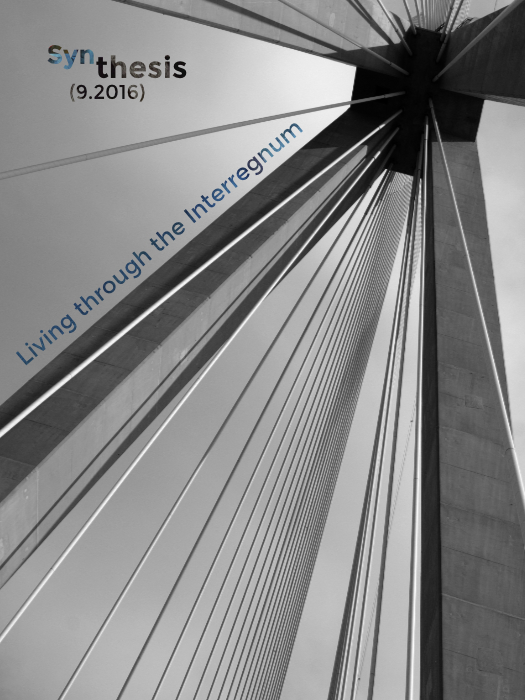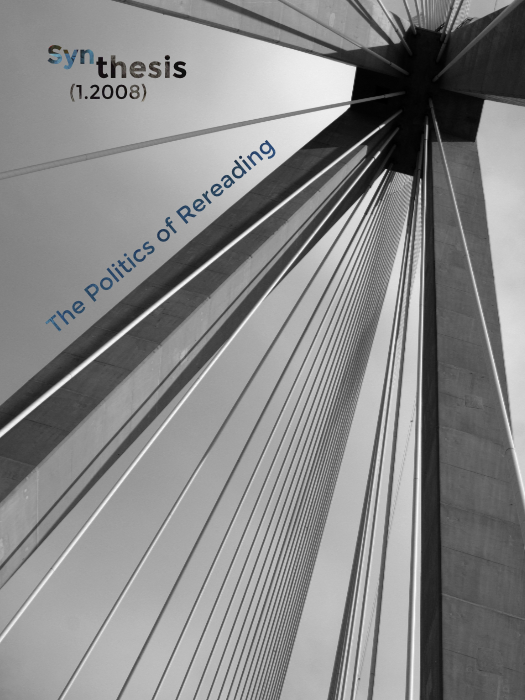The Politics of Violence and the Mediatisation of Urban Spaces on Stage: Anna Deavere Smith’s Twilight: Los Angeles, 1992 and José Rivera’s Marisol

Abstract
Interest in this paper centres on two exemplary cases of two entirely different modes of dramatisation and theatrical practice which, nonetheless, share a common goal. The two works studied here aim at a critical reconsideration of the political issues which surround intensely violent events that have marked American mega cities over the past three decades. Furthermore, both plays aspire to articulate an original statement on the ways in which these issues routinely fall prey to the hegemony of monolithic and sterile media representations of urban spaces. Anna Deavere Smith’s vigorous exploration of the reserves of documentary drama and theatre in Twilight: Los Angeles, 1992 (1993) is read alongside and juxtaposed to José Rivera’s innovative and exceptional use of magic realism for the stage in Marisol (1992). The question of political efficacy in both cases is thoroughly examined here in relation to how profitably these works showcase acts of interrogating mass media appropriations of identified city riots and instances of social unrest. Attention is devoted to the ways in which Smith’s verbatim documentation of the city in turmoil as well as Rivera’s surreal and dystopian account of liminal experiences of disenfranchised urban constituents may lead audience members to reassess their own habits of negotiating political demands and relating to moments of crisis.
Article Details
- Section
- Articles

This work is licensed under a Creative Commons Attribution 4.0 International License.
The copyright for articles in this journal is retained by the author(s), with first publication rights granted to the journal. By virtue of their appearance in this open access journal, articles are free to use with proper attribution. Synthesis retains the worldwide right to reproduce, display, distribute, and use published articles in all formats and media, either separately or as part of collective works for the full term of copyright. This includes but is not limited to the right to publish articles in an issue of the Journal, copy and distribute individual reprints of the articles, authorize reproduction of articles in their entirety, and authorize reproduction and distribution of articles or abstracts thereof by means of computerized retrieval systems.




